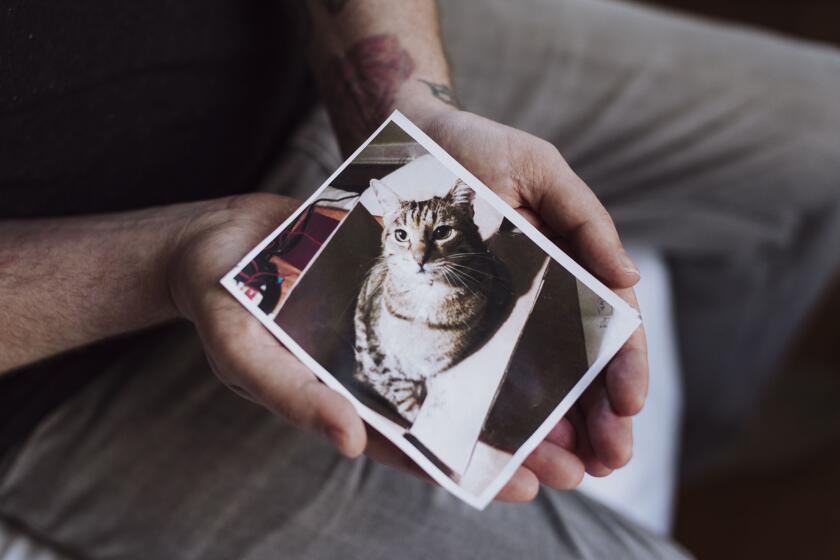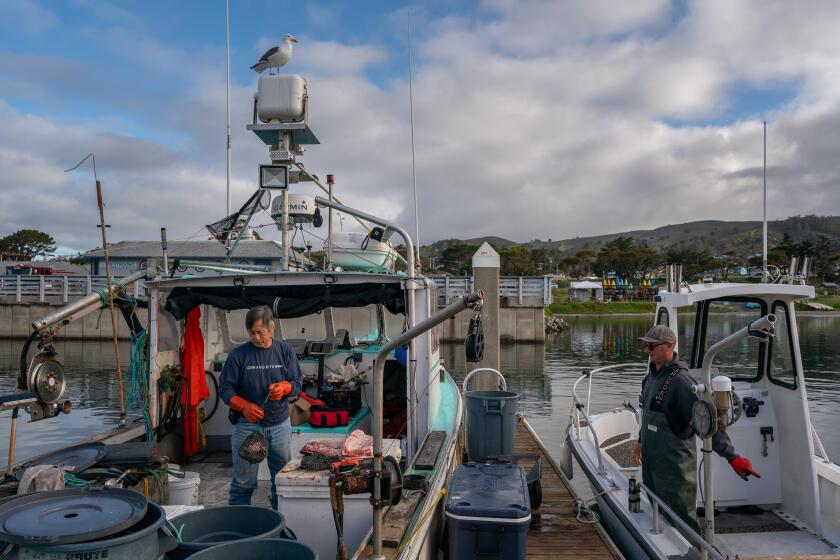Gung-Ho, but What Do They Know of Death?
Every morning at sunrise, I walk my large mixed-breed dogs through my small college town. There’s a dreamlike quality to most mornings, and not just because I walk before I have coffee. I’ve gotten to know my neighbors’ gardens and trees. Sometimes I pick the route for specific reasons. One recent day, it was for the flowering cherry that had just opened up, and the last of the crab apple blossoms. The dogs were snuffling in the ivy when I heard a group of strong young voices calling out a marching cadence.
There’s an ROTC unit at the colleges. As I walked south, they came toward me, running in formation on the street, three or four abreast, mostly short-haired men, but there were some women with pony tails. They wore gray “ARMY” T-shirts, black shorts and orange web belts. The lead officer, a chesty 40-year-old, responded to my “Hello,” and he and the group ran in place to let me and the dogs cross in front of them. As they passed behind me, a woman’s voice called out the next verse, and then they all repeated it:
If I die in a combat zone,
put me in a box and ship me home.
Their rubber soles hit the pavement with a dull thud as they jogged slowly past. As I reached the far corner, I tried to get hold of my feelings. Only one of them was likely to have seen a combat zone, and I bet none of them had ever looked into “a box.”
I teared up suddenly and my chest contracted, remembering my first sightings of body bags on the tarmac in South Vietnam, where I was working as a reporter in 1970. When I was in high school, I’d seen the coffins of young military men and women arriving at the funeral home my family ran in Clairton, Pa. The coffins were accompanied by soldiers, uncrated from their shipping cases and put on a bier.
I remember the faces of the families, stunned and puzzled, when they faced the coffins, the sound of muffled sobs and the women wringing their hands and handkerchiefs, if they were older, or tissues for the younger ones.
Then I was brought back to the present by the next cadence:
Put my medals on my chest,
tell my mom I did my best.
They ran off, and I lost their sound as the dogs tugged me along. I was blinking fast, remembering those funerals in that other small town, where I had grown up, as friends and ministers gathered to try to console the mothers and fathers and brothers and sisters. My brothers would help the family members into the cars for the trip to the cemetery, and I stayed behind to sweep and clean.
The young people I encountered on the street that day could not know or imagine those long-ago scenes, except perhaps as television films or news clips or photos in newspapers.
Surely, they must think, those scenes could never be about them, or their friends or families; surely their circle of family and buddies would never blink back tears in the morning light as the trumpet sounded taps, or hug the folded flag the soldier handed to them.
My walk went on, toward the bakery and my morning circle of friends, coffee and gossip. Behind me, those shining young people, beautiful in their strength and sure in their purpose, were being molded to defend me -- to defend us. Surely, I want none of them harmed -- no boxes, no medals, no weeping mothers. But surely I want to be secure, to have all of this protected. If I will that end, must I will that means? It is no answer to say those young people “volunteered” -- what do they know about alternatives? What other way can they afford their expensive colleges? How else can they feel they are serving their country?
This is a very pleasant small town. Once they ran past me, there was no mark that those young soldiers had been there. It would be pleasant to put them out of my mind, to put all that is going on in our name out of my mind, as we do every day. It would be pleasant and wrong.
More to Read
Start your day right
Sign up for Essential California for news, features and recommendations from the L.A. Times and beyond in your inbox six days a week.
You may occasionally receive promotional content from the Los Angeles Times.






